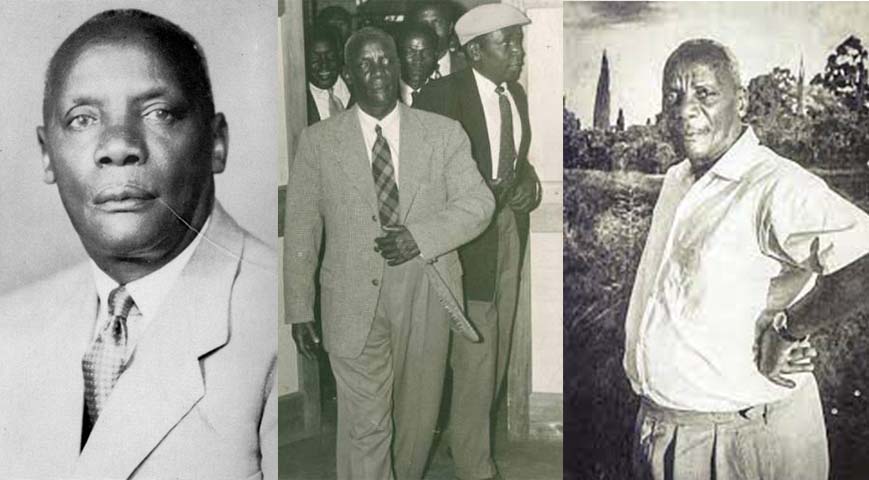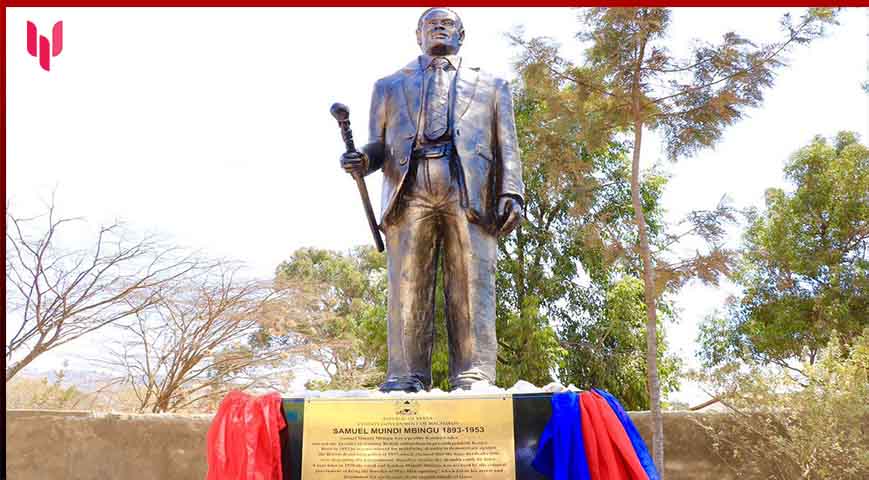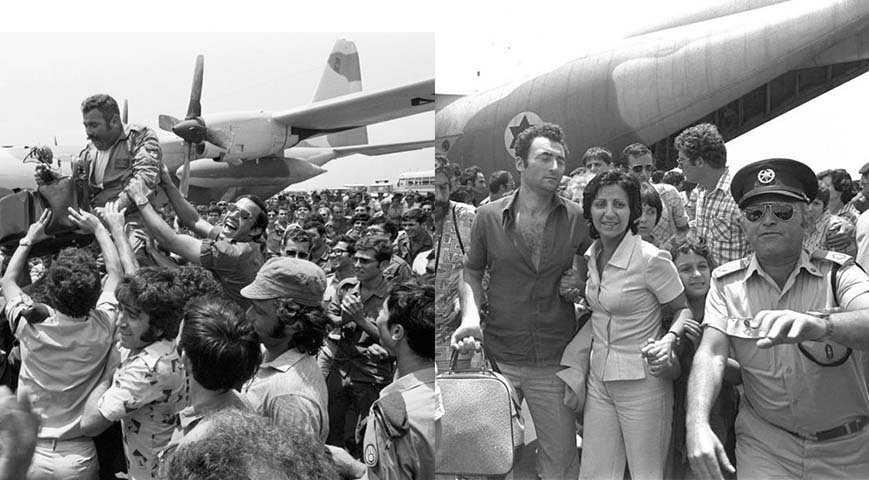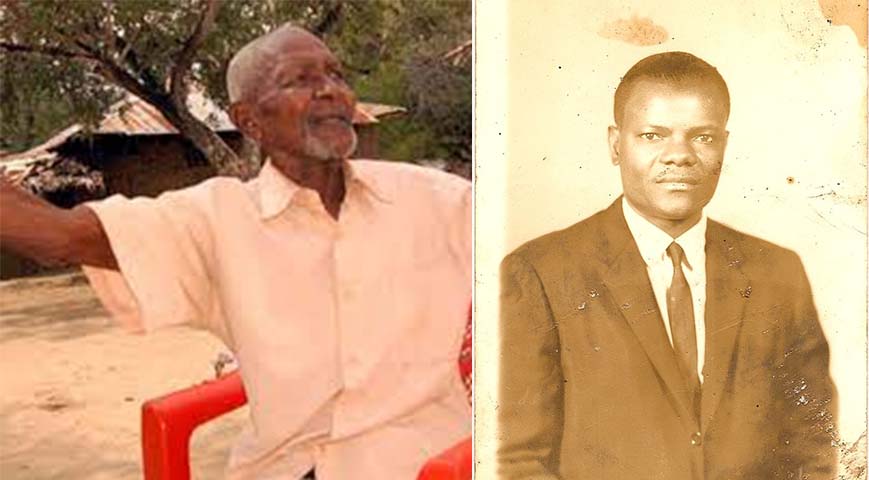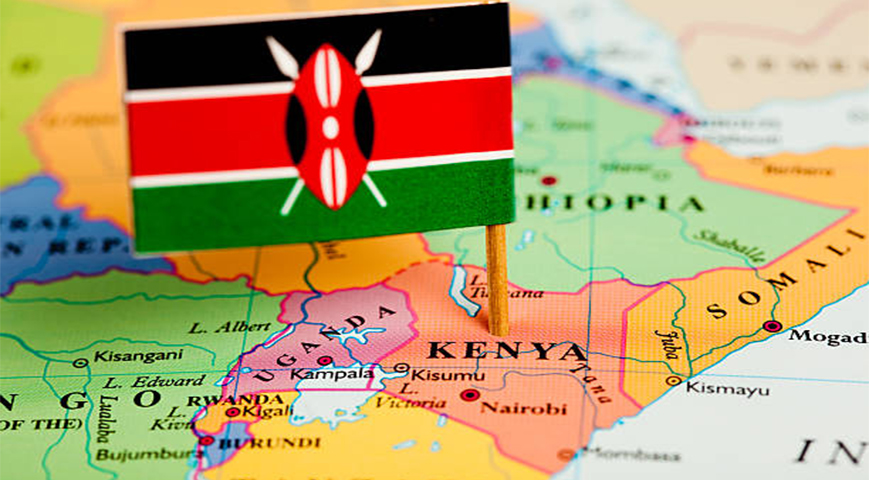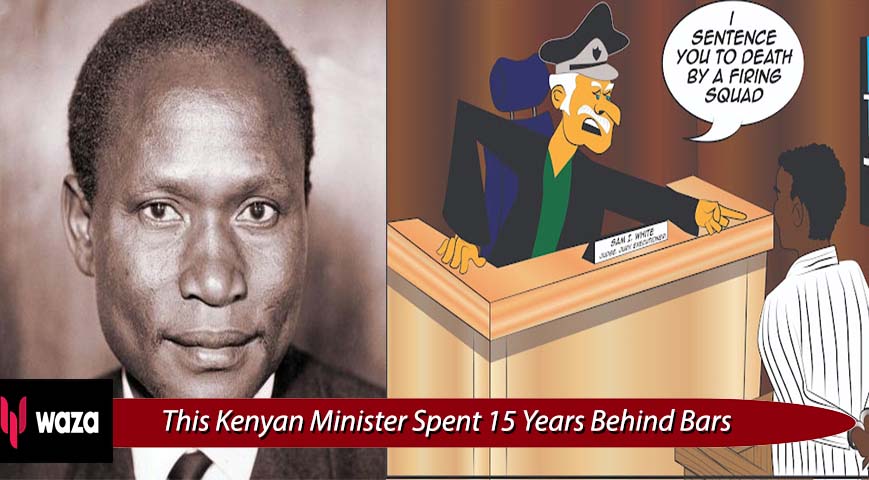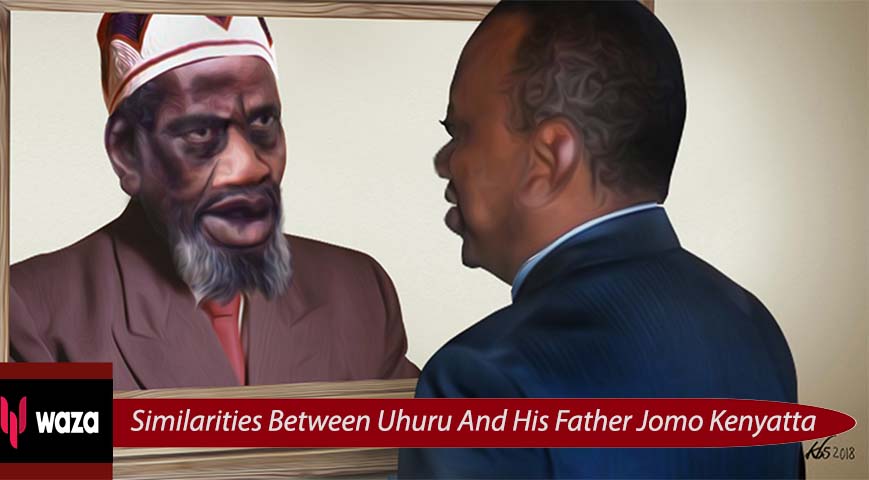Thuku, whose name has been immortalized by the Harry Thuku Road in Nairobi, has been the subject of partial research with most historians, and rightly so, placing him in the early stages of the liberation war. But the fact that Thuku turned out to be a traitor, a square peg in the independence war, has remained one of those stories that are, at best, not mentioned for fear of spoiling the current Thuku narrative.
Thuku had given up. He ended the fight. That explains why a man far more popular than Jomo Kenyatta vanished from later freedom fight literature.
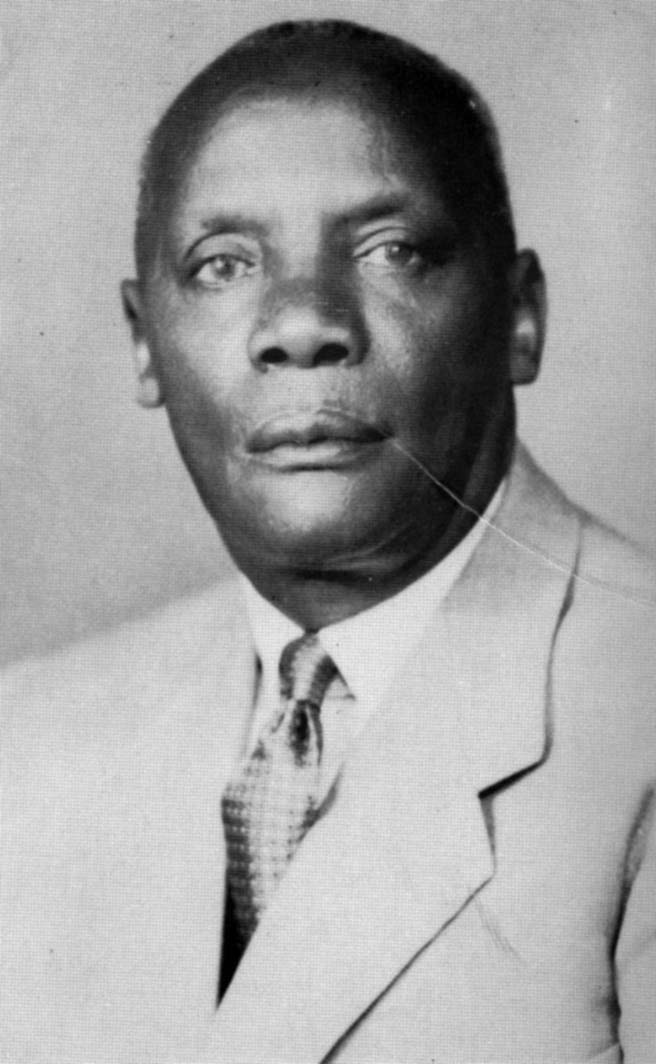
Harry Thuku biography and rise to politics
Harry Thuku was born in Kiambu, Mitahato village, Kenya. As a politician, he was a forerunner in Kenya's establishment of modern African nationalism.
Did you read this?
His ancestors were Kikuyu, one of the ethnic groups that lost the most land to white invaders during Kenya's British occupation.
Harry Thuku founded the Young Kikuyu Association in response to his resistance to the Kipande regime.
Later, the freedom fighter backed down from the fight for Kenya's independence. Still, to his credit, Thuku was a forerunner in party politics. Had he not been banished to Kismayu during the Nairobi riots in 1922, he would have become the most powerful politician in colonial Kenya. But Thuku severely messed up, so his political options were limited.
The British authority sent him to rural Kismayu, Somalia, in the 1920s, making him one of the first Kenyans to suffer for his nation. He was released in 1931 but turned on indigenous fighters two decades later.
On October 20, 1952, the British announced a State of Emergency, launching a savage campaign on Mau Mau rebels. However, two months later, on December 12, Thuku was allowed airtime on the colonial mouthpiece Kenya Broadcasting Corporation (KBC) radio to express his thoughts on African resistance to colonialism. He chastised Mau Mau, denouncing their existence.
The great betrayal
After Thuku took the mic, he said
"Today, we, the Kikuyu, stand ashamed and looked upon as hopeless people in the eyes of other races and before the government," Thuku said. Why? Because of the crimes committed by Mau Mau and because the Kikuyu have turned themselves into Mau Mau."
In 1954, he was on the front lines with other Kikuyu elders, pushing villagers to oppose Mau Mau fighters. Following independence, the administration disregarded him. He retired to a flourishing company in his Kabete village, Kiambu County.

Retirement and death
Thuku later retired to a prosperous life of coffee cultivation in Kabete, Kenya's Central Province. As one of the first Kikuyu to be granted a coffee license, he became the first African board member of the Kenya Planters Coffee Union in 1959. He died on June 14, 1970.

